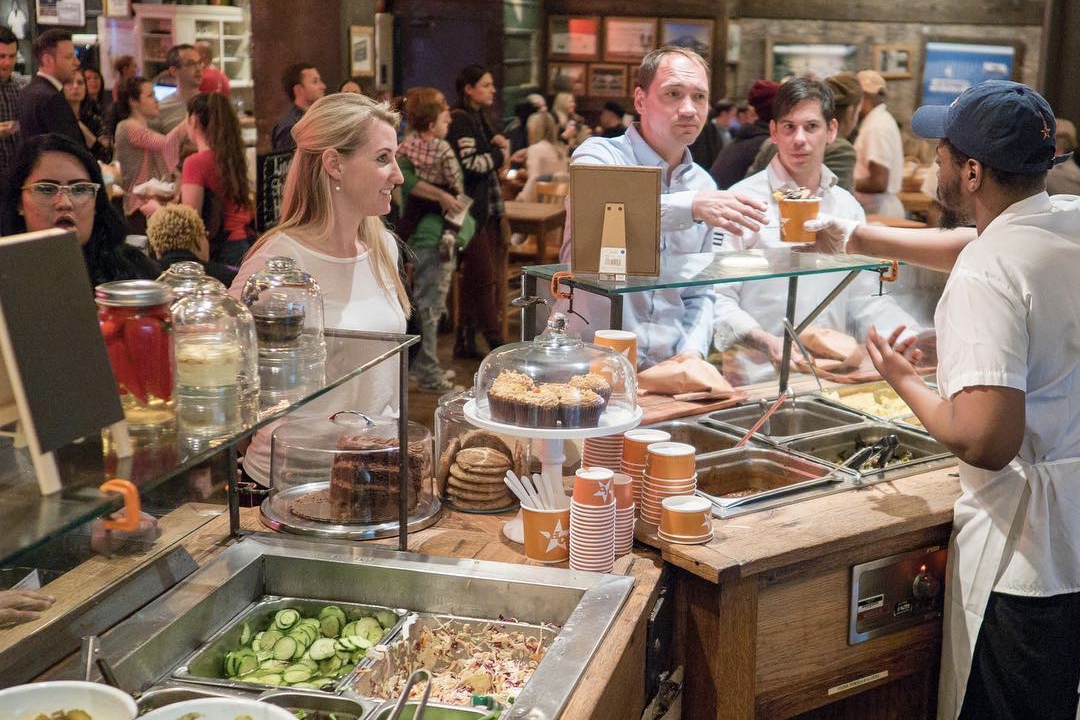New York’s Tipped Minimum Wage Debate Reaches a Critical Mass

Photo Caption: A worker and customers at Hill Country Barbecue Market in New York City.
Skift Take
How restaurants compensate their employees in New York City and other markets is going to change radically in the coming years. The real question is how much chaos will exist during this period and how much harm will come to workers and the restaurants that employ them.


